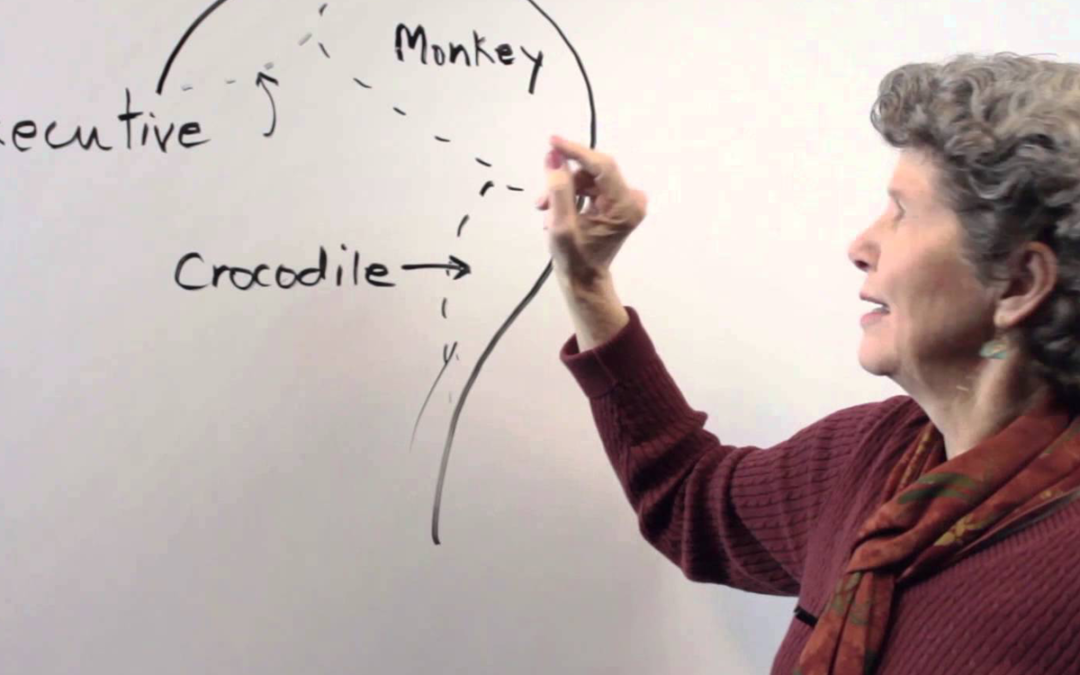
Year of Wellness – Focus on Healthy Minds in May Mental Fitness Is “Hot” Too
By Rea Scovill, Ph.D.
We’ve come a long way since 1956, when a famous Chicago psychiatrist told our kind and loving neighbor with firm authority that her son’s autism was caused by her being a cold “refrigerator” mother. Many professionals show more humility about such things now that scientists can view different brains at work with instruments like functional MRIs. Before teaching about particular personalities and behavior, they offer a disclaimer like “We’re in the infancy of understanding the human brain.” Now they’re likely to caution us not to blame parents for all their children’s problems. They also encourage us to try to understand and support, or just accept people whose behavior is different from what we expect (unless it’s abusive).
Science has also made progress in defining how our brains benefit from physical care, like good nutrition, adequate sleep, plenty of exercise and reasonable stress levels. To attain physical fitness, many enjoy wearing special, attractive clothes to go work out at the gym, ride a bike or attend an aerobics class. Hoping to improve brain fitness, people are having fun with lumosity.com and other game-like activities. Physical fitness of all kinds is considered cool and sexy.
Until we approach mental fitness with the same open and positive mind as physical fitness, it’ll remain in the shadows where shame and blame rule. Like physical fitness, mental fitness can only be built when our bodies are rested and healthy enough to support the organs involved. Like physical health, mental health is something we’d like to take for granted. But to prevent, cope with and overcome problems during our lives, we’re wise to seek fitness for both. With mental fitness people can express their most capable, confident and compassionate selves. They find ways to remain optimistic and positive and all this makes them “sizzle” with life.
Isaac Asimov (author and professor of biochemistry at Boston University) wrote: “The saddest thing in life today is that science gathers knowledge faster than society gathers wisdom.” YOW is tackling this problem, helping us here in Tillamook County gather wisdom for how to manage better both our physical and mental health. For our YOW focus in May on “Healthy Minds” there’ll be many opportunities to learn skills that’ll help you build mental as well as physical fitness. Check these out on the YOW calendar at www.tillamookcountyhealthmatters.com. YOW will also begin offering articles with tips and concepts to help you understand how to take charge and pursue mental fitness.

